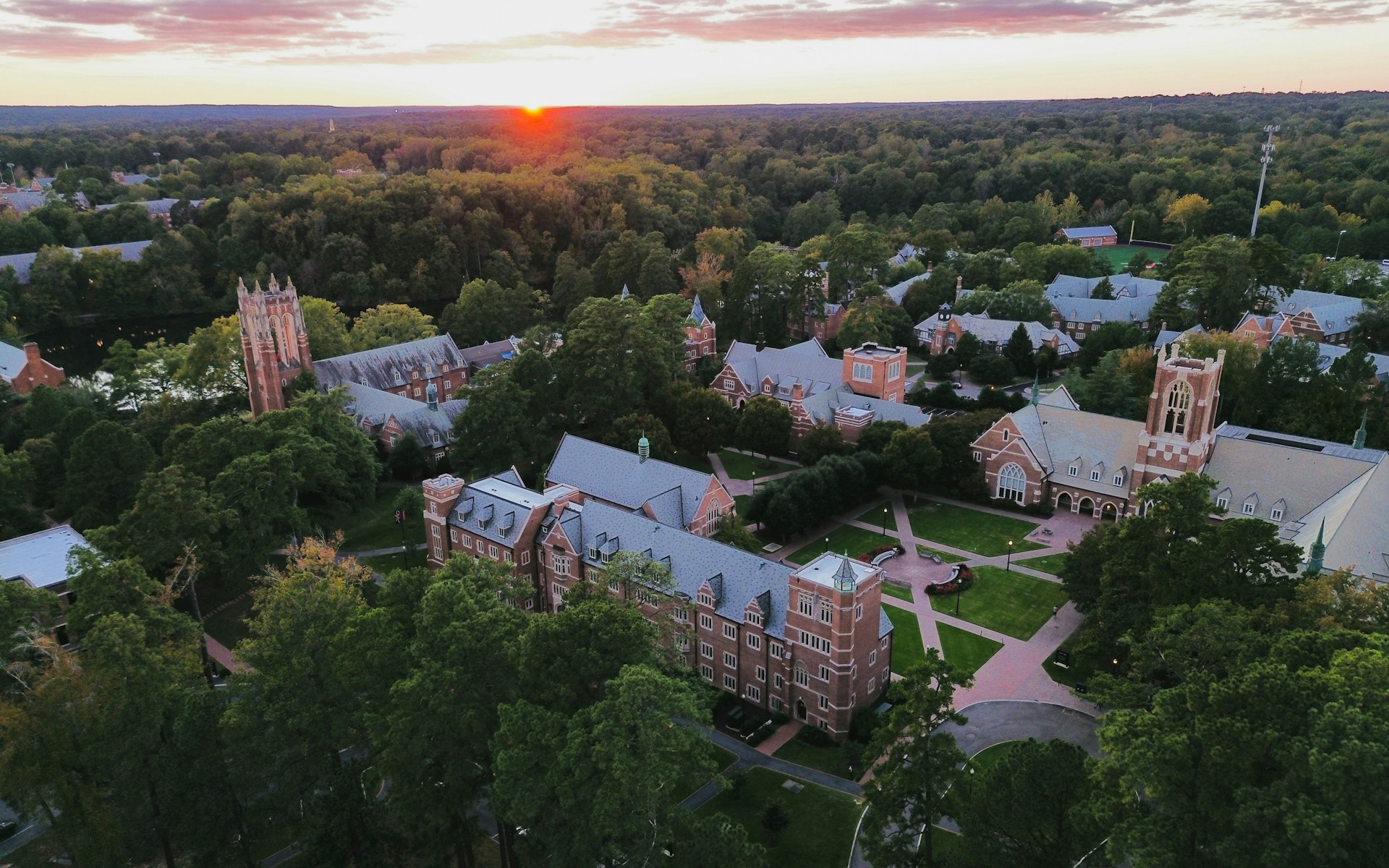Never has film meant more about escapism than it has to the wolfpack. Crystal Moselle’s documentary focuses on six of the coolest and most well-dressed boys you’ll ever know. Named after Hindu deities, Mukunda, Naraya, Govinda, Bhagavan, Krisna (Glenn) and Jagadesh (Eddie) are the sons of Peruvian and practiser of Krishna consciousness Oscar who have, along with sister Visnu and mother Susanne, been confined to a family apartment in the Lower East Side of Manhattan by his instruction. They cross the threshold of their apartment door only several times a year, though sometimes not at all.
To escape their physical and social containment, the boys use film, and this is not limited to just watching them. Writing up entire scripts from films such as Reservoir Dogs and Pulp Fiction, they would then re-enact and record home videos of their performances which are a joy to watch. They create elaborate costumes such as a full Dark Knight batman suit made of yoga mats and cereal boxes to replica guns with mobile barrels so realistic that they were once raided by the police for possession of firearms. There are other moments in The Wolfpack that inspire, such as a home video of the boys dancing on their beds in wild abandon, and up to this point we may be led to think they were content and coped extremely well. Gradually, though, the film reveals the inevitable dark side.

A pivotal moment comes in January 2010 when son Mukunda, then aged 15, dons a Michael Myers mask and makes the decision to leave the apartment against his father’s wishes. He walks around the neighbourhood taking in the mundane as novelty, being in regular places he’s only seen on screens. Due to his unusual behaviour and attire the police eventually take him in, and he is taken to the hospital and given a therapist. He becomes more aware than ever that he is a victim of his upbringing. The boys’ parents, in particular their father, only wanted to fulfil an ideal. He wanted his own tribe; a large family that grows together in free openness and spirituality. Unfortunately, due to money constraints, this lifestyle was never realised and the family instead settled in the city. Their mother believed that there was negative socialisation in school, and their father wished for his children┬áto be free from social pressure, however in retrospect their decision to limit them to the home – along with home-schooling – was a poor one.
The boys are self-aware of their situation. They do not seem to be indoctrinated by anti-social teachings. They are not outwardly resentful. However, as the film progresses, a distance between father and sons become apparent and son Mukunda, after much introspection, goes as far as saying that some things are just “unforgiveable.” From this point in The Wolfpack onwards, things begin changing. Mosselle said of the timing, “if I had come into their lives a year earlier it might have been different, but by the time I appeared they had begun their rebellion against their father’s rules and didn’t seem to need my help.” They were excited to learn to integrate, though being aware of their unique upbringing were hesitant in┬ádoing so without graduation. The documentary truly begins here, as we watch the wolfpack put on their Reservoir Dogs suits, leave their home and start making up for lost time in the outside world.

A dimension the film is lacking, however, is the story of how the filmmaker gained access to the wolfpack. In this especially sociological documentary film, much like Oppenheimer and Cynn’s directorial roles in The Act of Killing, Moselle herself plays a part in this story. As she facilitates the telling of their story, even a passing explanation for how she was able to bring her cameras into their apartment would have been interesting for audiences to know. ┬áShe had first come across them “running past me on the sidewalk on the Lower East side. […] They all had long hair and sunglasses, and something about them intrigued me.” She then explained her filmmaker role and befriended them before even discussing the making of The Wolfpack. Although some would call it arbitrary, a detail like this is helpful in making sure the film does not feel intrusive as so many are. Another issue is that Moselle, whilst being respectful, perhaps does not probe enough as audiences may wish. More questions are left asked than answered, such as the process in which Oscar finally allows his sons to leave as they please and details such as his drunken and sometimes abusive behaviour are barely discussed; though perhaps this is not for us to know. This contributes to the confused tone of the film: sometimes heart-warming and other times eery, but ultimately much like that of an under-analysed mystery.
The Wolfpack is a compelling documentary film which focuses on six individuals, all victims of circumstance. What is surprising and good to know is how well the wolfpack have turned out through such unique adversity, shaped by their upbringing as opposed to damaged by it. Take from the film what you will; judge the father, sympathise with his unrealised vision or maybe even blame society for creating such fears of itself. At the very least, take with you one of the most interesting┬áand understated stories you’ve ever been told and enjoy watching people who, perhaps unlike ourselves, are still excited by the world.


